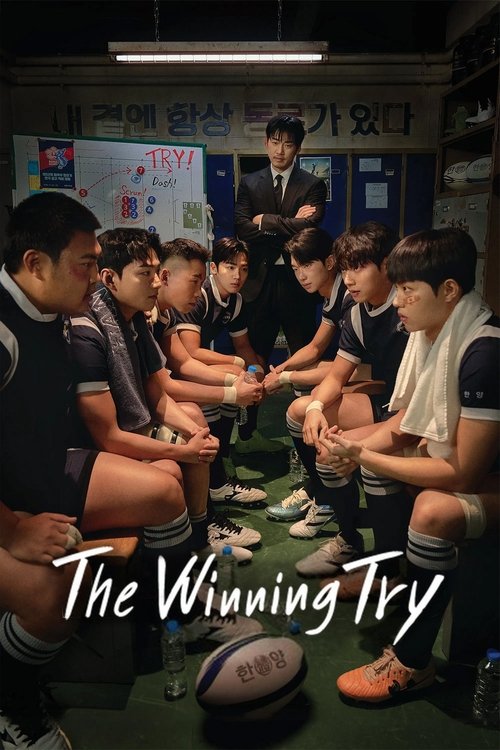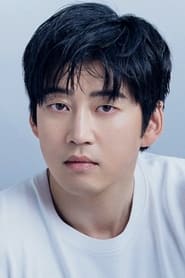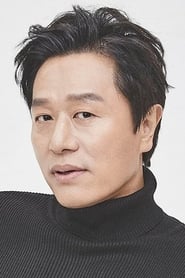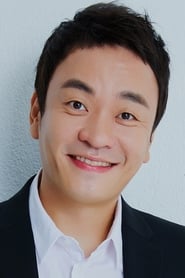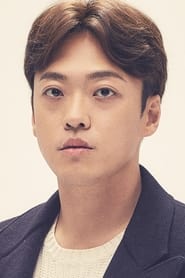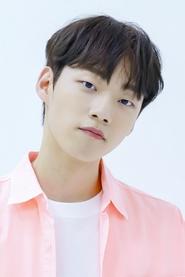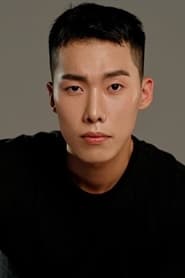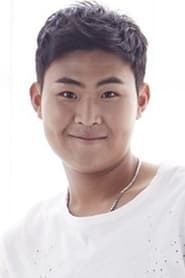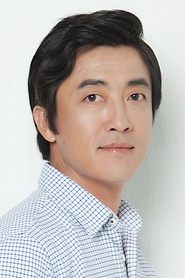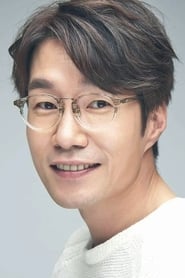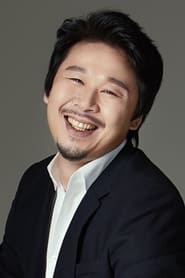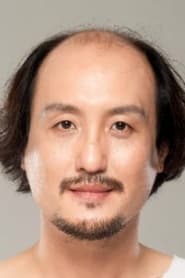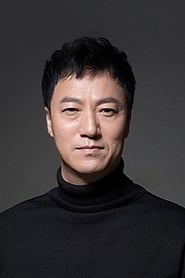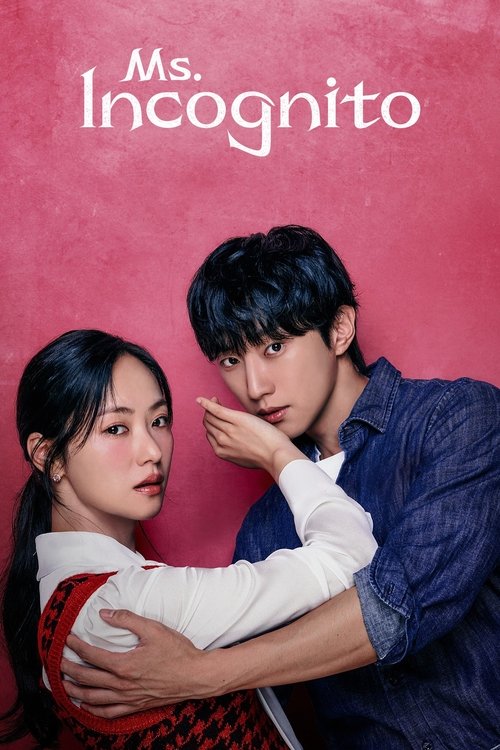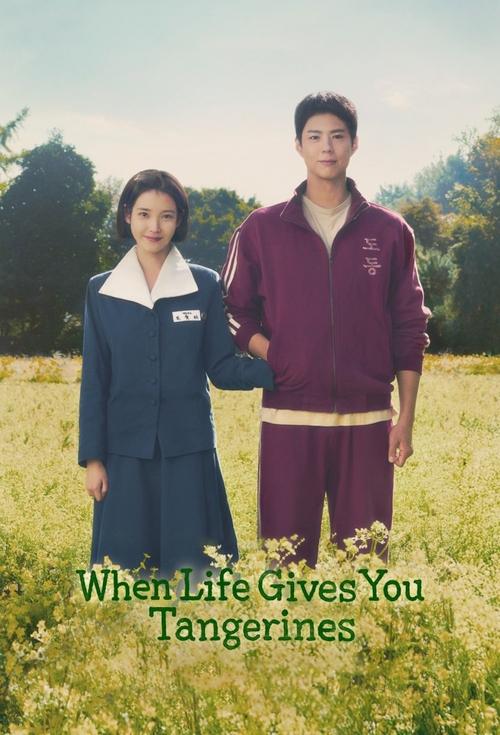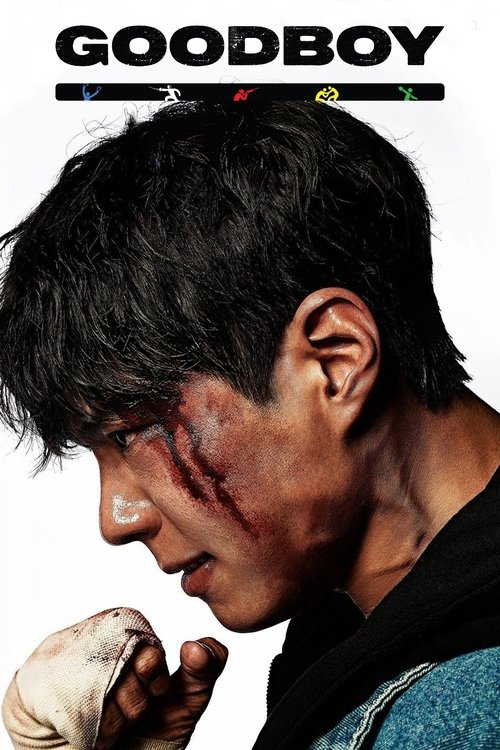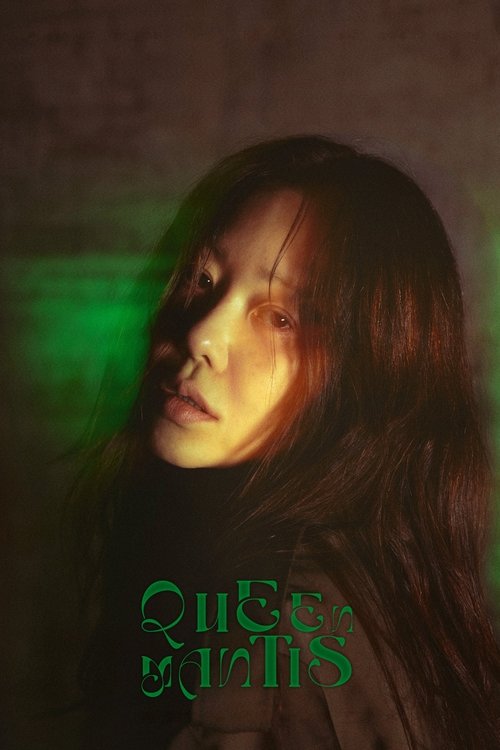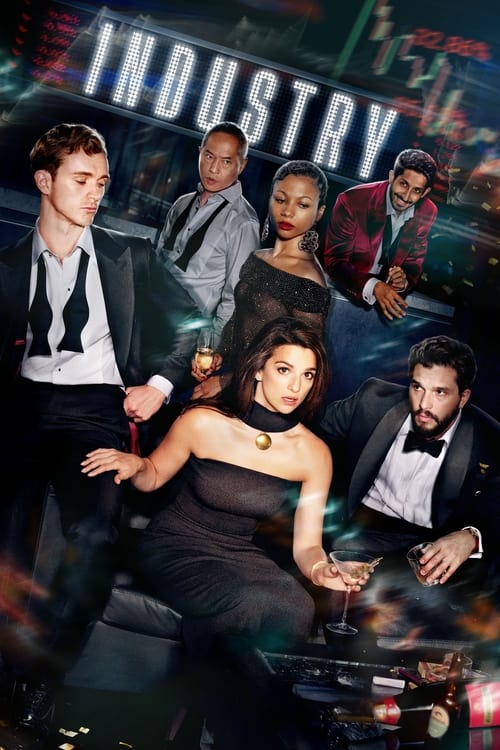
Ask Your Own Question
What is the plot?
The story begins with Joo Ga-ram, a former rugby superstar whose career was destroyed by a drug scandal, reluctantly returning to his high school as the new rugby coach. He is assigned to lead the struggling Hanyang High School rugby team, which has a reputation for losing and low morale. Ga-ram's arrival is met with skepticism by the players and school staff, but he is determined to rebuild the team and restore his own reputation.
Ga-ram reunites with Bae Ji, the school's shooting coach and his ex-girlfriend, who is initially cold toward him due to their past. Despite their tension, they begin to collaborate on training methods to improve the rugby team's performance. Ga-ram's coaching style is unconventional and demanding, focusing on discipline, teamwork, and mental toughness, which gradually earns the respect of the players.
The team captain, Yoon Sung-joon, is a talented but troubled player who struggles with the pressure of leadership and his own physical injuries. Early in the series, Sung-joon suffers a shoulder injury that sidelines him, causing frustration and self-doubt. Ga-ram advises him to rest and recover fully to avoid permanent damage, but Sung-joon is desperate to play in the upcoming National Sports Festival, believing it is his last chance to prove himself.
Ignoring Ga-ram's advice, Sung-joon secretly purchases steroids to speed up his recovery. A reporter investigating Ga-ram's past catches photos of Sung-joon acquiring the drugs and publishes a scandalous article accusing the team of doping. The school is thrown into chaos as the vice principal launches an investigation, and the team's reputation is at stake.
When the vice principal confronts Sung-joon with the pills found in his belongings, Ga-ram intervenes and takes responsibility for the drugs, revealing his own medical history of past drug use to protect his player. This confession shocks the school community but also demonstrates Ga-ram's commitment to his team and willingness to sacrifice for their future.
Despite the scandal, Ga-ram continues to push the team to improve, focusing on building their skills and unity. The players face several challenges, including internal conflicts, physical exhaustion, and external pressure from rival schools. Ga-ram's leadership helps them overcome these obstacles, and the team gradually transforms from underdogs into serious contenders.
In the climactic sequence, the team competes in the National Sports Festival. The matches are intense and physically demanding, with detailed play-by-play of tackles, scrums, and strategic moves. Sung-joon, now recovered and playing clean, leads the team with renewed confidence. Ga-ram's coaching decisions during the games, including key substitutions and tactical adjustments, prove crucial.
The final match is a hard-fought battle against the top-ranked team. The sequence includes a tense moment where Sung-joon faces a critical injury scare but chooses to stay on the field, inspiring his teammates. The team executes a coordinated play that results in a last-minute try, securing their victory.
The series ends with the team celebrating their unexpected championship win. Ga-ram and Bae Ji reconcile, acknowledging their shared journey and growth. Sung-joon, having redeemed himself, looks forward to a promising future in rugby. The final scenes emphasize the transformation of the team and their coach from outcasts to champions, highlighting the power of resilience and teamwork.
What is the ending?
The ending of Try: We Become Miracles is a heartfelt and uplifting conclusion where the main characters overcome personal and team struggles to reach the national sports festival finals. Bae Yi-ji, the shooting coach, recovers from her slump and reaches the finals but chooses to withdraw to support Seo Woo-jin, who lost his coach. The rugby team, led by Coach Joo Garam and Yoon Sung-joon, plays their final match with strong teamwork and determination, culminating in a victorious and emotional finale where each character finds growth and resolution.
The final episode of Try: We Become Miracles unfolds with a focus on the national sports festival, the climax of the characters' athletic and personal journeys. The episode opens with Bae Yi-ji, the shooting coach at Hanyang High School, competing in the national sports festival. After a period of struggle and self-doubt, she stabilizes her performance and advances to the finals. However, in a surprising turn, she decides to withdraw from the competition. This decision shocks viewers and her teammates but is motivated by her desire to support Seo Woo-jin, a young athlete who has been left without a coach following the dismissal of Jeon Nak-gyun. Yi-ji's choice highlights her selflessness and growth, showing her prioritizing the team's collective success over personal glory.
Meanwhile, the rugby team, central to the series, prepares for their final match at the national sports festival. Coach Joo Garam, who has been a steadfast leader despite numerous challenges, rallies the team. Yoon Sung-joon, a passionate player with a strong crush subplot, embodies the spirit of hard work and teamwork that the series has championed. The match is intense and emotionally charged, with the team overcoming internal conflicts and external pressures. The coaches and players demonstrate a fiery harmony, braving the cold and adversity to give their all on the field.
Throughout the episode, there are moments of quiet reflection and emotional exchanges between characters, emphasizing the bonds they have formed. The coaches, including Bae Yi-ji and Joo Garam, share a poignant farewell with the team, underscoring themes of trust, growth, and the bittersweet nature of endings.
The rugby team's victory in the final match serves as a triumphant culmination of their journey, symbolizing the rewards of perseverance and teamwork. The "bad guys" or antagonistic forces in the story receive their comeuppance, reinforcing the moral arc of the narrative.
In terms of character fates:
-
Bae Yi-ji ends her competitive shooting career on a note of maturity and self-sacrifice, choosing to support her team rather than pursue individual accolades.
-
Seo Woo-jin gains a new mentor in Yi-ji's supportive presence, setting him up for future growth beyond the series' timeline.
-
Coach Joo Garam leads the rugby team to victory and shares a heartfelt goodbye with his players, marking the end of a significant chapter in their lives.
-
Yoon Sung-joon fulfills his role as a passionate player and experiences personal growth, with his relationship dynamics adding warmth to the finale.
The series closes on a hopeful note, emphasizing that miracles come from not giving up and the power of collective effort. The characters' journeys reflect painful but necessary growth, leaving viewers with a sense of closure and optimism for their futures.
Is there a post-credit scene?
The TV show Try: We Become Miracles (2025) does not have any publicly documented post-credits scene. Available sources, including detailed listings and summaries, do not mention a post-credits or after-credits scene for this series.
The show focuses on Ju Ga Ram, a former rugby star whose career was derailed by a drug scandal, and his return as a coach to his high school team. While the narrative is rich in character development and emotional arcs, no information indicates an additional scene after the credits.
If you are looking for post-credits scenes in other 2025 productions, some films like Companion do have such scenes, but this does not apply to Try: We Become Miracles.
What is the backstory and scandal involving the main character Joo Ga Ram?
Joo Ga Ram, the main character, was once a promising rugby star and the hope for Korean rugby, but his career was derailed by a drugs scandal that forced him to step away from the sport. This scandal is central to his character arc as he returns as a coach to redeem himself and the struggling school rugby team he leads.
How does Joo Ga Ram's relationship with his ex-girlfriend Bae Yi Ji influence the story?
Joo Ga Ram reunites with his ex-girlfriend Bae Yi Ji when he returns to coach the high school rugby team. Their past relationship adds emotional depth and personal stakes to the story, influencing both his motivation and the team dynamics as they work toward redemption.
What role does the team captain Yoon Sung Joon play in the team's journey?
Yoon Sung Joon, the determined captain of the struggling rugby team, is a key figure in the team's effort to overcome their challenges. Under Joo Ga Ram's coaching, Sung Joon's leadership and perseverance are crucial to the team's development and pursuit of victory at the National Sports Festival.
What are some specific challenges the rugby team faces during their journey?
The rugby team struggles with poor performance, low morale, and the stigma of being a losing team. They face intense competition, internal conflicts, and the pressure to prove themselves against the odds. The story highlights their resilience, teamwork, and honest effort as they strive to become miracles through perseverance.
How does the series depict the physical and emotional intensity of rugby matches?
The series emphasizes the physical risks and emotional stakes of rugby, portraying young players who risk their lives for fractions of a second and millimeters of difference. It shows the sport as a world where trickery and shallow tactics fail, and only honest effort and perseverance lead to survival and success, capturing the raw intensity and passion of the game.
Is this family friendly?
The TV show "Try: We Become Miracles" (also known as "The Winning Try") is generally suitable for a teenage and older audience but is not strictly family-friendly for young children due to its South Korean age rating of 15 and PG13 in some countries. It contains no sex or nudity, and there are no reports of explicit profanity or drug use. However, as a sports drama centered on a high school rugby team, it includes some potentially upsetting or sensitive content such as:
- Physical violence and sports-related injuries typical of rugby scenes, which may be intense but not graphic or gory.
- Emotional intensity and dramatic conflicts involving the characters' personal struggles, relationships, and pressures of competition, which might be upsetting for sensitive viewers.
- Some scenes may involve mild alcohol use or smoking, though details are minimal and not prominent.
Overall, the show balances comedy, youth drama, and sports action with emotional storytelling, making it more appropriate for teenagers and adults rather than young children or very sensitive viewers. There are no indications of content that would be highly objectionable or shocking, but parents should consider the sports violence and emotional themes when deciding suitability for younger or sensitive audiences.

